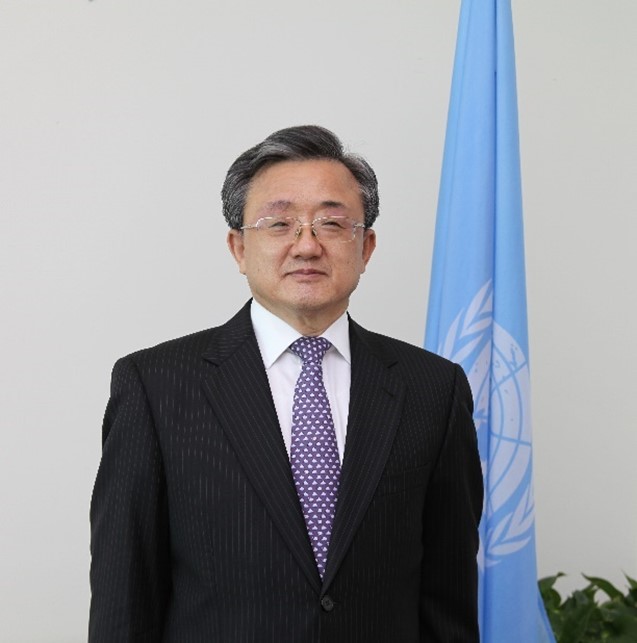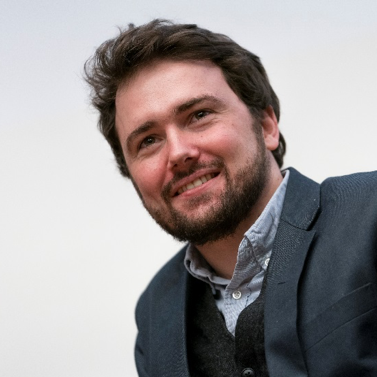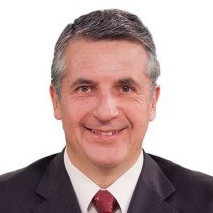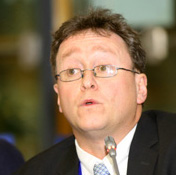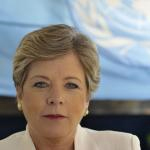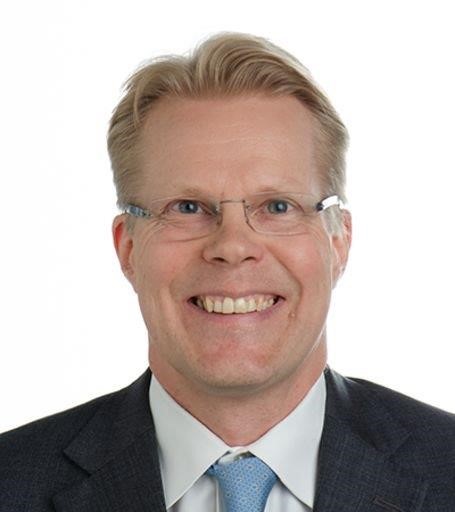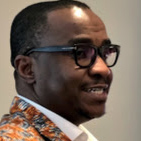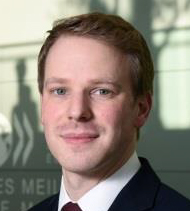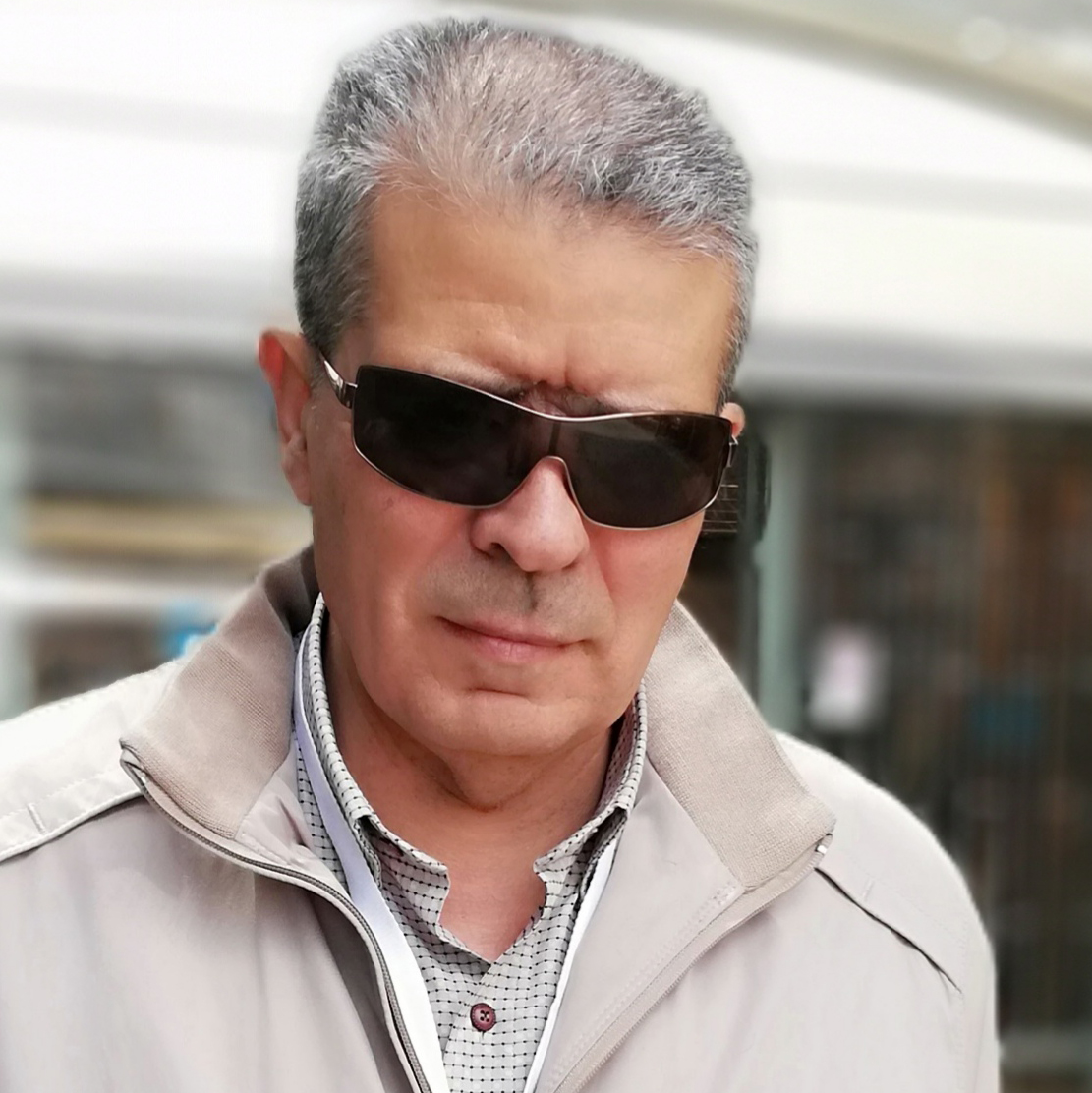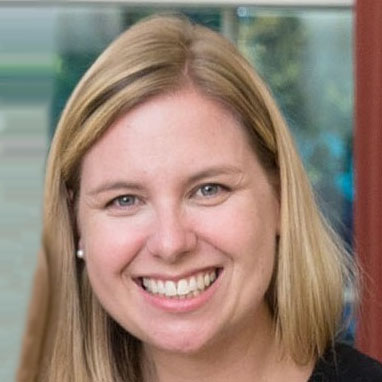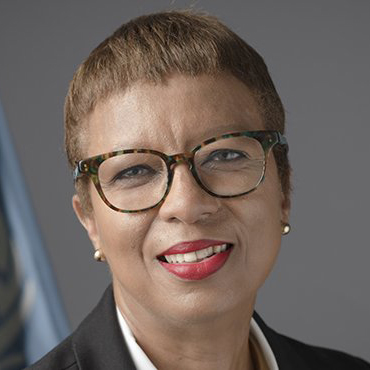Progress, gaps and obstacles: are we on track for leaving no one behind?
Tue 09 Jul 2019, 10.00 am — Wed 03 Feb 2021, 12.00 pmBackground
The world has made encouraging progress in implementing the 2030 Agenda for Sustainable Development in areas such as the reduction of extreme poverty, access to health and education services, and development of basic infrastructure. Yet we are off track for meeting many of the goals by 2030. Climate change threatens to undermine progress on all SDGs and impact all areas of the world, and its effects are disproportionately felt by the poorest and most vulnerable. Global hunger and forced displacement of people is on the rise. Inequality has risen within some of the world’s most populous countries. In many places, rapid economic growth has come at the cost of considerable environmental degradation. Biodiversity loss is accelerating, with one million species at risk of extinction. The implementation of the SDGs also takes place at a time of global uncertainty, where international cooperation, an essential component of an inter-connected world, is under fire.
This session will examine progress and identify gaps and challenges where the need to advance the 2030 Agenda is most pressing. It will discuss factors that have contributed to or impeded the SDG implementation process, and present examples of practices or lessons that could strengthen SDG implementation. A keynote presentation of the Report of the Secretary-General on progress towards the SDGs (special edition) will inform the session.
This session includes two parts – two interactive discussions. The first half of this review session - “Where do we stand?” will provide a big-picture overview of global and scientific data trends and developments from the environmental, social and economic dimensions. It will highlight knowledge-based analyses and conclusions from audits of SDG implementation, share practical success stories and unique experiences, focus on a variety of development trends, and address the unique vulnerabilities faced by these different groups of countries.
The principle to leave no one behind is at the heart of the 2030 Agenda. The second half of this review session - “Who is at risk of being left behind?” will examine countries at various levels of development and populations at risk of being left behind. The 2030 Agenda highlights the need to give special attention to the challenges faced by African countries, least developed countries (LDCs), landlocked developing countries (LLDCs), small island developing States (SIDS), countries in conflict and post-conflict situations and middle-income countries (MiCs). Populations identified as at risk of being left behind include children and youth, persons with disabilities, people living with HIV/AIDS, older persons, indigenous peoples, refugees and internally displaced persons and migrants. (A/RES/70/1, Paragraph 22-23)
Background note is available here
Proposed guiding questions:
What have been areas of progress in realizing the SDGs and where are we lagging behind?
What challenges do countries at various levels of development face in implementing the SDGs and how can we accelerate actions to reach the goals by 2030?
What needs to be done to ensure more equitable access to basic services and greater equality between countries and people?
How can we best identify those left behind, and how can we best identify policies and strategies to make their voices heard in the determination of local and national priorities, and so they can exert their rights?
Chair:
H.E. Ms. Inga Rhonda King, President of Economic and Social Council
Part 1: 10:00 AM – 11:30 AM Where do we stand?
Keynote speaker:
Mr. Liu Zhenmin, Under-Secretary-General of Economic and Social Affairs of the United Nations, presentation of the report of the Secretary-General on the progress towards SDGs (special edition)
Moderator:
Ms. Minh-Thu Pham, Executive Director for Policy, United Nations Foundation
Resource persons:
Mr. Julio Santaella, President of the National Institute of Statistics and Geography, Mexico
Ms. Marta Acosta, Auditor General of Costa Rica (on findings from Supreme Audit Institutions regarding achievements and challenges in implementing the SDGs)
Mr. Robin Ogilvy, Special Representative and Permanent Observer of OECD to the UN
Mr. Thomas Brooks, Chief scientist of International Union for Conservation of Nature (IUCN)
Followed by interactive discussion
Part 2: 11:30 AM – 1:00 PM Who is at risk of being left behind?
Keynote speaker:
Mr. Lucas Chancel, Professor and co-director of the World Inequality Lab and of the World Inequality Database at the Paris School of Economics, France, and coordinator of the World Inequality Report 2018
Moderator:
Mr. Nikhil Seth, Executive Director of the United Nations Institute for Training and Research
Resource persons:
Ms. Alicia Bárcena, Executive Secretary of ECLAC and coordinator of the Regional Commissions
Mr. Jarkko Turunen, Mission Chief to Cambodia in the IMF Asia and Pacific Department
Mr. Stephen Chacha, Co-Founder of the Tanzania Data Lab and Africa Philanthropic Foundation
Ms. Sarah Charles, Senior Director for Humanitarian Policy and Advocacy at the International Rescue Committee (IRC)
Lead discussant:
Mr. George Khoury, Vice chair of the national association for the rights of persons with disabilities in Lebanon (NARD) (MGoS)
Followed by interactive discussion
Biographies
Other documents
- Convention on the Rights of Persons with Disabilit
- Special edition: progress towards the Sustainable

